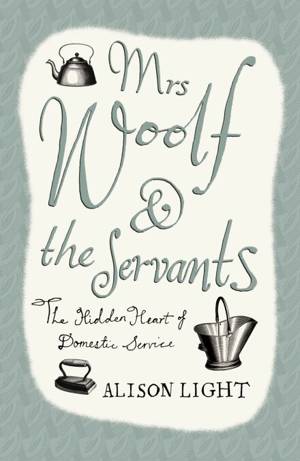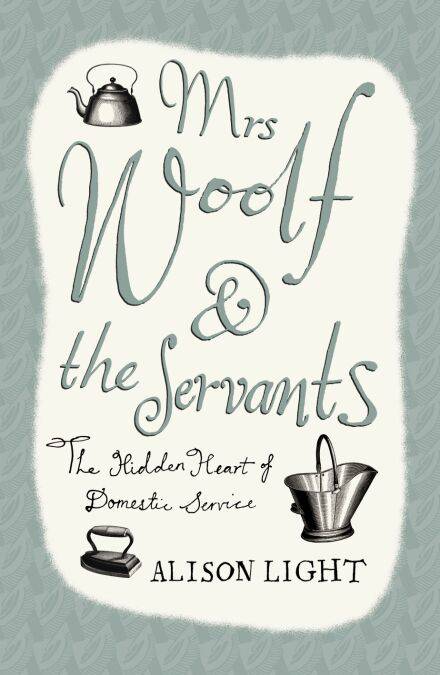
- Retrait gratuit dans votre magasin Club
- 7.000.000 titres dans notre catalogue
- Payer en toute sécurité
- Toujours un magasin près de chez vous
- Retrait gratuit dans votre magasin Club
- 7.000.0000 titres dans notre catalogue
- Payer en toute sécurité
- Toujours un magasin près de chez vous
Description
Loathing, anger, shame – and deep affection: Virginia Woolf’s relationship with her servants was central to her life. Like thousands of her fellow Britons she relied on live-in domestics for the most intimate of daily tasks. Her cook and parlour maid relieved her of the burden of housework and without them she might never have become a writer. But unlike many of her contemporaries Virginia Woolf was frequently tormented by her dependence on servants. Uniquely, she explored her violent, often vicious, feelings in her diaries, novels and essays. What, the reader might well wonder, was it like for the servants to live with a mistress who so hated giving her orders, and who could be generous and hostile by turns?Through the prism of the writer’s life and work, Alison Light explores the volatile, emotional territory which is the hidden history of domestic service. Compared to most employers in Britain between the wars, Leonard and Virginia Woolf were free and easy. Life in the Bloomsbury circle of writers and artists was often fun. Yet despite being liberal in outlook, these were also households where the differences in upbringing and education were acute: employers and servants were still ‘us’ and ‘them’. The women who worked for the Woolfs, like other domestic servants, have usually been relegated to the margins of history, yet unearthing their lives reveals fascinating stories: of Sophie Farrell, the Victorian cook and ‘family treasure’, who ended her days in a London bed-sit; Lottie Hope, the parlour maid, a foundling, who’d been left on a doorstep like a parcel; and Nellie Boxall, the Woolfs’ cook, who was finally dismissed after sixteen years of rows and reconciliations, only to find herself a more glamorous job. Mrs Woolf and the Servants is a riveting and highly original study of one of Britain’s greatest literary modernists. Ultimately, though, it is also a moving and eloquent testimony to the ways in which individual creativity always needs the support of others.
Spécifications
Parties prenantes
- Auteur(s) :
- Editeur:
Contenu
- Nombre de pages :
- 400
- Langue:
- Anglais
Caractéristiques
- EAN:
- 9780141902135
- Date de parution :
- 01-08-07
- Format:
- Ebook
- Protection digitale:
- Adobe DRM
- Format numérique:
- ePub

Les avis
Nous publions uniquement les avis qui respectent les conditions requises. Consultez nos conditions pour les avis.






